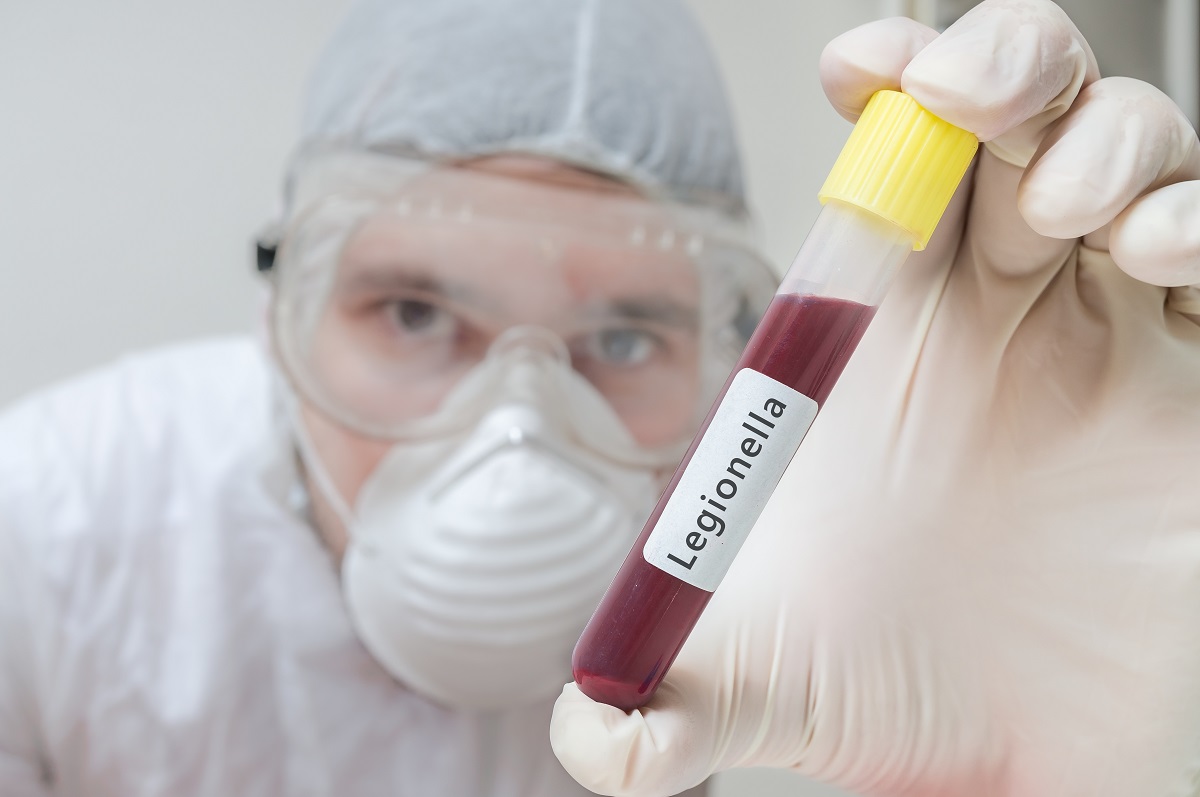
The world has never been more connected than it is today. But with that connectivity has come increased exposure to dangerous infectious diseases. One of the most common of these is Legionnaires’ disease, an often-fatal form of pneumonia that is caused by Legionella bacteria. The discovery of the Legionella genome earlier this year has provided new insights into how these bacteria grow and function.
Legionnaires’ disease is a serious infection caused by the bacterium Legionella. It is most commonly spread through water droplets in the air and can cause a range of symptoms including high fever, chills, and a rash. The best way to prevent Legionnaires’ disease is to ensure that your home has good ventilation and that your water system is regularly maintained. You can also take steps to prevent the spread of Legionella bacteria in your home, such as keeping humidity levels low and making sure that your cooling systems are in good working order.
The bacteria that cause Legionnaire’s disease have been found in many places, including hotels and schools. Legionella bacteria are typically found in water sources, like hot water heaters and cooling towers. They can also be found in soil, where they can be passed from one person to another through contaminated surfaces or objects. Most cases of Legionnaire’s disease are mild, but people who are elderly, have compromised immune systems, or who are smokers are at higher risk for developing severe disease.
Over the years, Legionnaires’ disease has killed thousands of people and caused untold suffering. The disease, caused by bacteria called Legionella, primarily affects the older and frail, those who are already at risk for other infections, and those who are already sick. For years, the only way to treat the disease was to isolate patients and prevent its spread to others in the building. The emergence of legionella-resistant bacteria has made this approach impossible, as it has become impossible to control the spread of the disease.
The summer is approaching, and that means warmer temperatures, longer days, and plenty of opportunities to get outside and enjoy nature. However, as we head into the warmer months, we also need to be vigilant about keeping our homes and our bodies safe from the potentially deadly bacterium Legionella. Over the past few months, we’ve seen an uptick in Legionella infections, particularly in hot and humid climates. Anyone can contract Legionnaires’ disease, but it is particularly dangerous for the elderly, those with compromised immune systems, those who are already sick, and people who are currently hospitalised.
The best way to avoid the spread of Legionnaires’ disease is to practice good hygiene and to take simple steps to reduce the risk of exposure to Legionella. One of the most important things that you can do to reduce your risk of exposure to Legionella is to be aware of the symptoms of Legionnaires’ disease and to seek medical attention if you start to feel sick. You should also practice good hygiene and keep surfaces in your home clean and dry, particularly if you have a water heater or a cooling tower. You should also avoid smoking if you are at risk for developing Legionnaires’ disease.